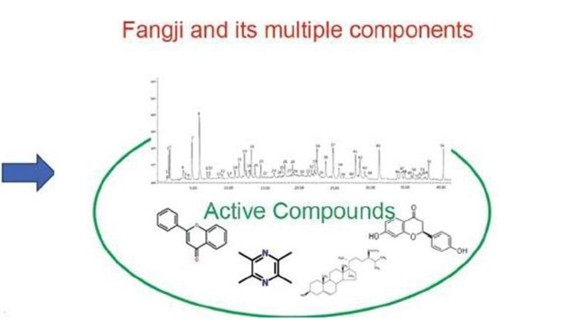Zhong WANG (Institute of Basic Research in Clinical Medicine, China Academy of Chinese Medical Sciences, Beijing 100700, China)
Dr Zhong Wang received his MD in Medical Science in 1995, and a PhD in Herbal Clinical Pharmacology in 1998, both in China. He trained in Chemical biology and exploited omics tech in botanical drug research as a postdoctor fellow in China Academy of Chinese Medical Sciences between 1999-2001. Currently he is a senior research fellow, in Botanical Pharmacology and Clinical Pharmacology at China Academy of Chinese Medical Sciences in Beijing, China. His research in Fangjiomics focuses on more effective and safety in formula from drug interaction, aimed to develop and implement mechanism-based combination therapy.
Dayue Darrel DUAN (1Center for Phenomics of Traditional Chinese Medicine/the Affiliated Hospital of Traditional Chinese Medicine, Southwest Medical University, Luzhou 646000, China; 2Department of Pharmacology, University of Nevada Reno School of Medicine, Reno, NV 89557, USA)
Yong-yan WANG (Institute of Basic Research in Clinical Medicine, China Academy of Chinese Medical Sciences, Beijing 100700, China)
Prof. Yong-Yan Wang,an Academician of Chinese Academy of Engineering, graduated from Beijing College of Chinese Medicine in 1962 and studied following with Academician Jian-Hua Dong. He once served as the President and the Chairman of the Degree Committee in Beijing University of Chinese Medicine, as well as the President of the China Academy of Chinese Medicine. As the chief scientist, he presided over the National Basic Research Program of China on the Chinese medicine modernization (973 Program), Basic Research on the Key Scientific Issues of Fangjis(1999-2004), and then constructed a novel theory for the research and development of modern Chinese medicine based on the combination therapy with the diverse compounds exacted from Fangjis. He proposed four design methods, set up three kinds of public technology platforms, and developed a variety of new modern Chinese medicine.

